Future of H-1B Visa Program in Question Amid Policy Changes for Foreign Workers
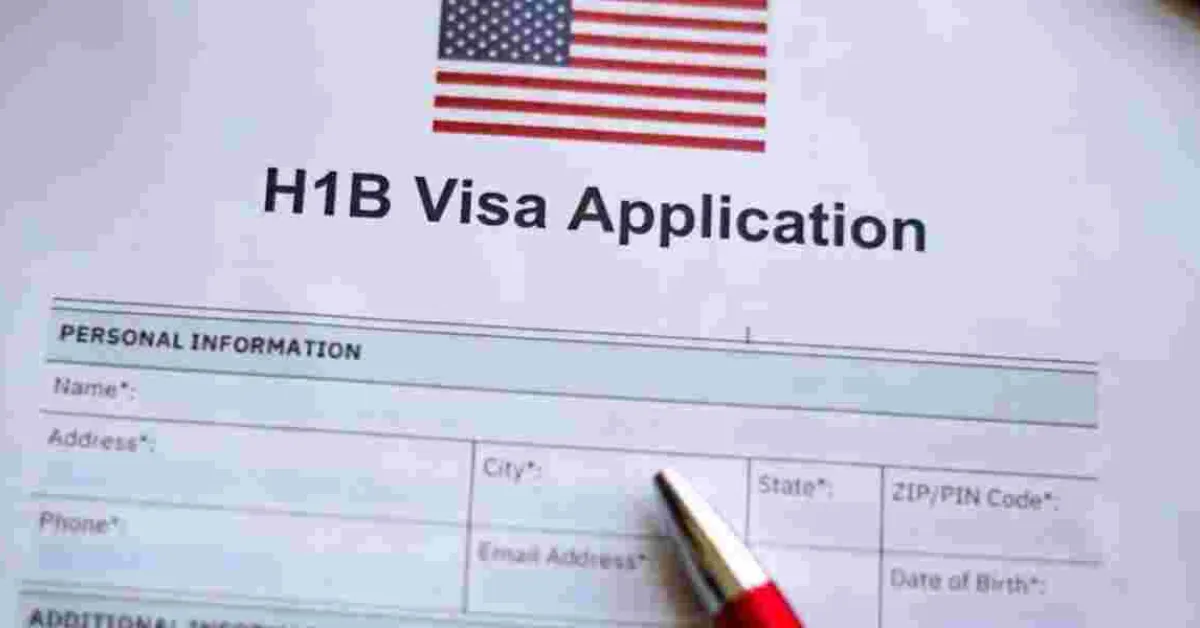
The 2020 H-1B wage rule had a profound impact on both employers and foreign workers.
This regulation, introduced by the Trump administration, led to significant increases in required salaries for H-1B visa holders. For example, the National Foundation for American Policy reported that entry-level salaries for some positions, such as petroleum engineers, surged by up to 100%. In certain instances, minimum wage requirements for commonly held occupations rose by over 200%. These dramatic salary hikes created substantial hiring challenges for employers. The elevated wage demands made it increasingly difficult for companies to recruit foreign professionals under the H-1B program or sponsor them for permanent residency.
Furthermore, the rule's introduction as an "interim final" regulation rendered it particularly vulnerable to legal challenges as it bypassed the customary public comment period mandated by the Administrative Procedure Act (APA). The legal ramifications were swift. On December 1, 2020, US District Judge Jeffrey S. White invalidated the rule, citing procedural missteps by the Trump administration. The court found that the administration had failed to adhere to proper regulatory procedures, including the required notice-and-comment process. Despite this setback, the Trump administration made another attempt to enforce the Department of Labor (DOL) regulation by issuing a final rule in January 2021.
This rule sought to further restrict the US labour market for foreign-born professionals by increasing wage requirements. However, this initiative faced strong opposition. In March 2021, the US Chamber of Commerce, along with other organizations, filed an amended complaint. They argued that the new rule would effectively limit H-1B visas to individuals with advanced skills, equivalent to a master's degree, thereby raising the eligibility threshold for foreign workers. With the Biden administration taking office shortly after the final rule's issuance, the new administration chose not to defend the regulation. In April 2021, the Department of Labor solicited public input on how prevailing wages should be calculated, indicating a potential shift away from the Trump-era policy.
By June 2023, the DOL had moved its proposal to raise prevailing wage rates for H-1B visas and the PERM program to its long-term agenda, suggesting that the rule might be shelved permanently. To date, the DOL has not taken further action on this matter, leaving its future in limbo. The H-1B visa program has been a contentious aspect of US immigration policy. Designed to enable US companies to employ foreign workers in speciality occupations, it has been both lauded for addressing skill shortages and criticized for potentially displacing American workers. The 2020 wage rule was part of a broader effort by the Trump administration to tighten immigration controls, which included redefining "speciality occupation" and increasing scrutiny of employer-employee relationships.
These measures aimed to ensure that H-1B visas were granted only to the most highly skilled and well-compensated workers, thereby protecting US workers from being undercut by lower-wage foreign labour. As the next election approaches, the future of the H-1B program remains uncertain. Both businesses and foreign workers are closely monitoring developments for any signs that a potential second Trump administration might reinstate similar policies.

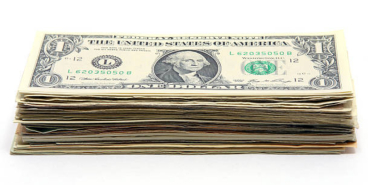
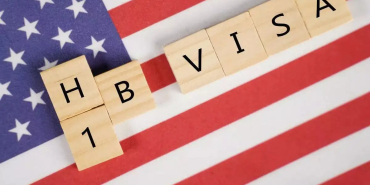
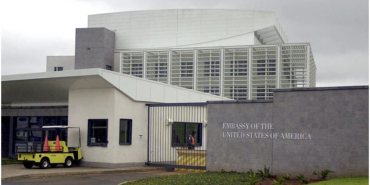

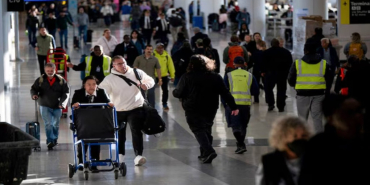
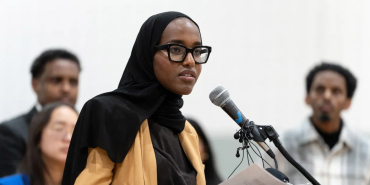
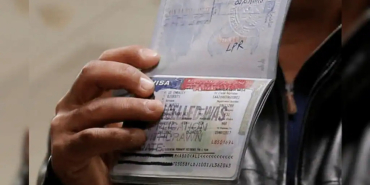
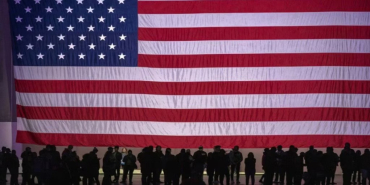
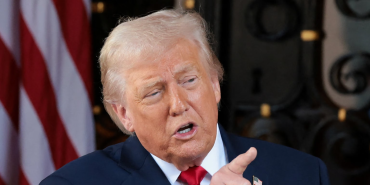

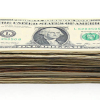


Comments
H-1B are abused by India IT…
Permalink
H-1B are abused by India IT consulting Companies. Almost all H1B are taken by Indian IT companies.
Very true
Permalink
In reply to H-1B are abused by India IT… by Kenya (not verified)
Very true
Add new comment